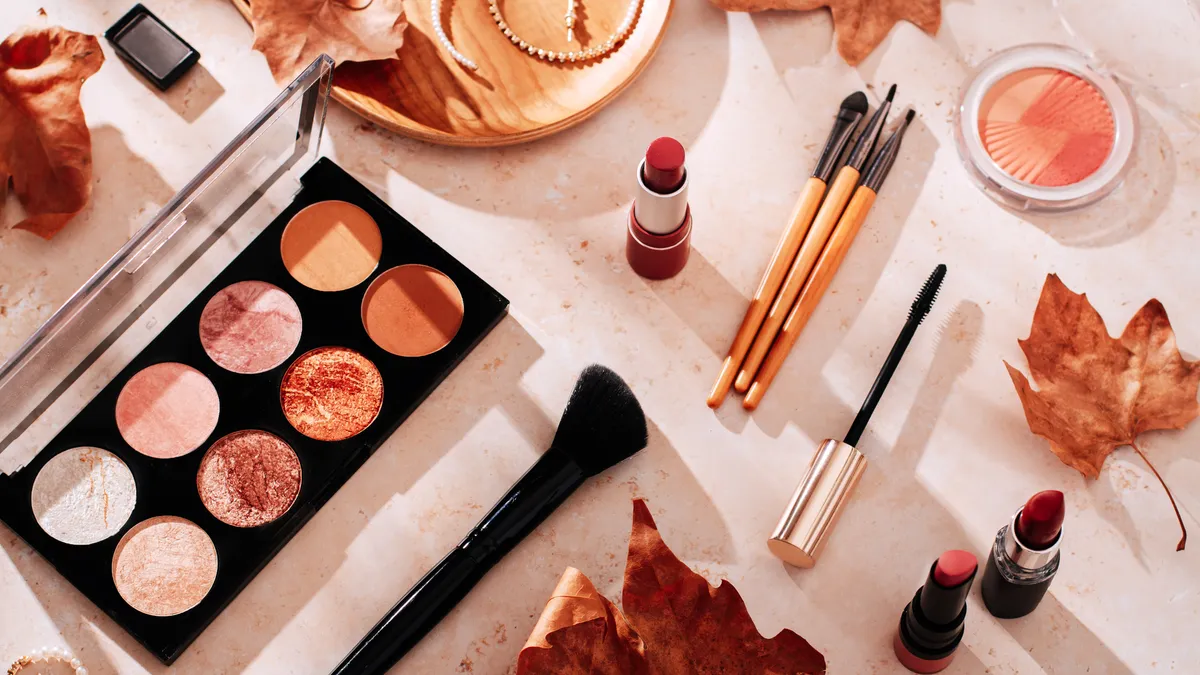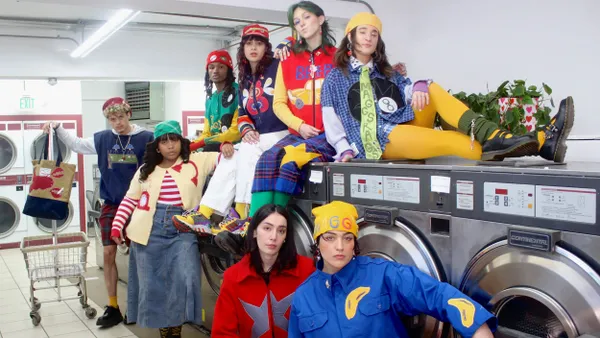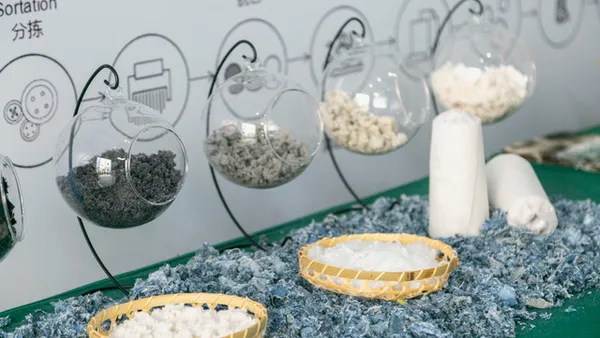Dive Brief:
- L'Oréal on Monday joined Unilver and Kao Corporation as a founding investor in a Geno-led venture. Geno is a biotechnology platform for alternative sustainable materials. As part of the deal, Geno will develop ingredients for "a range" of the beauty giant's products.
- Geno combines bioengineering, computer modeling and industrial engineering to develop more sustainable alternatives to the ingredients necessary in cosmetics, personal care and cleaning product formulas.
- For L'Oréal, the partnership is a step toward achieving its L'Oréal for the Future sustainability goals. By 2030, L'Oréal is aiming to have all formulas be 100% eco-designed, 95% of ingredients come from renewable plant-based sources or abundant minerals, and packaging materials come from traceable and sustainable sources.
Dive Insight:
As certain brands look to use more sustainable ingredients in their products, L'Oréal's partnership with Geno is a commitment to adopting more ingredient alternatives. Sustainability has been an issue at the forefront of consumers' minds in recent years with the climate crisis and in turn it’s led some companies to be more transparent about where they get ingredients from and what their products are made of.
"At L'Oréal, we believe that science has the power to create a better world, and we are committed to using our expertise to drive positive change in the beauty industry,” Barbara Lavernos, deputy CEO in charge of research, innovation and technology at L'Oréal, said in a press release. “We are thrilled to partner with Geno, whose unique approach to developing alternative biotechnology-based ingredients perfectly aligns with our vision of a more sustainable future.”
The new ingredients made by Geno are set to be used in a range of L'Oréal products, but the firm is also planning to use them for other personal care and cleaning items. The biotech company uses proprietary engineered microorganisms to ferment plant sugars. From this, ingredients are produced to make sustainable surfactants.
Geno has partnered with other big names in retail like Unilever and Lululemon. In 2021, the biotechnology platform entered a multiyear collaboration with Lululemon. From that came a plant-based nylon alternative. At the time of the news, nylon was the largest volume of synthetic material used to make Lululemon products. That same year, Unilever and Geno launched the venture, which L’Oréal has now joined, with their sights set on a plant-based alternative to palm oil and fossil fuel-derived ingredients, key components of its cleaning and personal care products.












